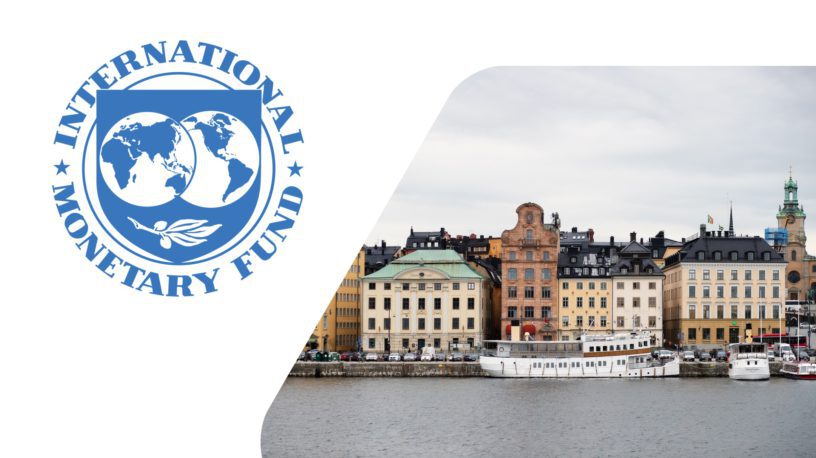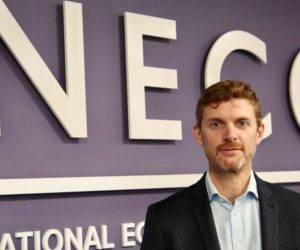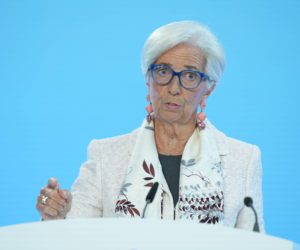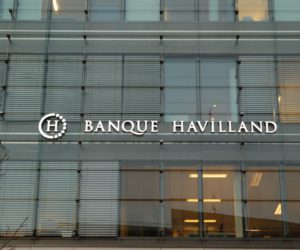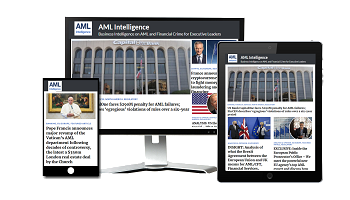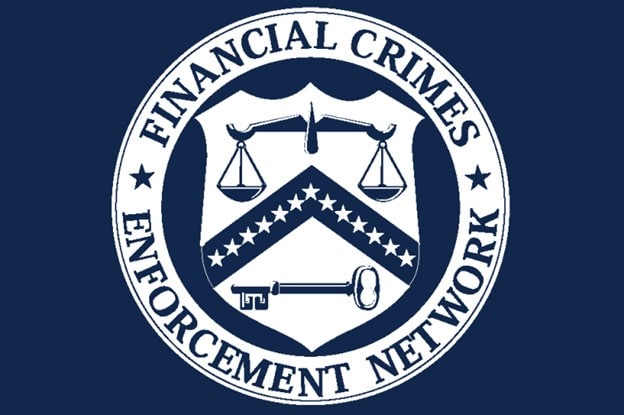By Dan Byrne for AMLi
THE INTERNATIONAL MONETARY FUND has officially noted thorough improvements in Sweden’s anti-money laundering systems, just days after the country asked the international watchdog study the threats its banks face from financial crime.
In a statement following an annual staff visit – commonly dubbed a ‘mission’ in IMF circles – IMF personnel praised Sweden’s continued drive to improve the way it tackles dirty money.
“The amendments of the Swedish anti-money laundering framework and its enforcement are welcome,” the IMF said in a statement Tuesday. “And the robust implementation of recent reforms should continue to sustain financial stability and reduce reputational risks.”
Although these comments came on the back of a routine visit by the IMF, they also landed just days after the Swedish central bank (Riksbank) announced it had asked the IMF for help in assessing the threats it faces from money laundering and terrorism financing.
The request was made jointly with several northern European neighbours; Denmark, Finland, Estonia, Iceland, Latvia, Lithuania and Norway.
It is intended to focus specifically on how ML/TF risks may impact each nation’s banking sector and has been made in the aftermath of major financial crime revelations over the past several years.
The biggest of these revelations was the Danske Bank scandal, which exposed billions in dirty money flowing from Russia to the west through Danske Bank’s Estonian branch.
That branch has since closed amid a massive money laundering probe. Other big banking names caught up in the fallout included Deutsche Bank and Swedbank – Sweden’s oldest retail bank – who were handed a fine of SEK4 billion (around €366 million) by the Swedish financial watchdog in 2020.
Speaking on the upcoming international analysis, the Riksbank hailed the IMF as an organisation which “has a reputation as a trusted and independent advisor on anti-money laundering and combating the financing of terrorism, provides an opportunity to analyse risks to the region as a whole.”
“The aim is to mitigate those risks, and make recommendations for the future,” the Riksbank said in a January statement.
The assessment is understood to take roughly a year to complete, with results due from the IMF in mid-2022.
Share this on:
Follow us on:

